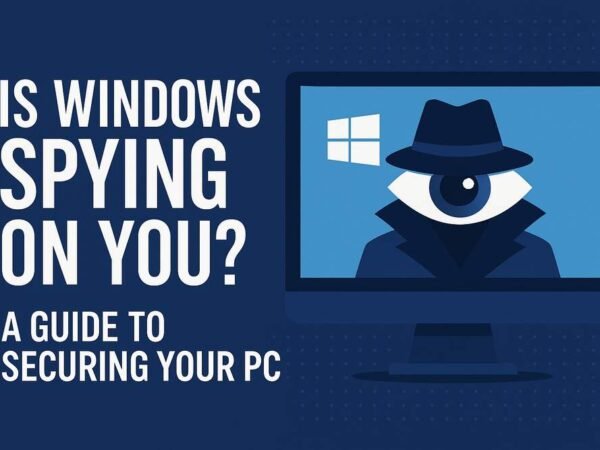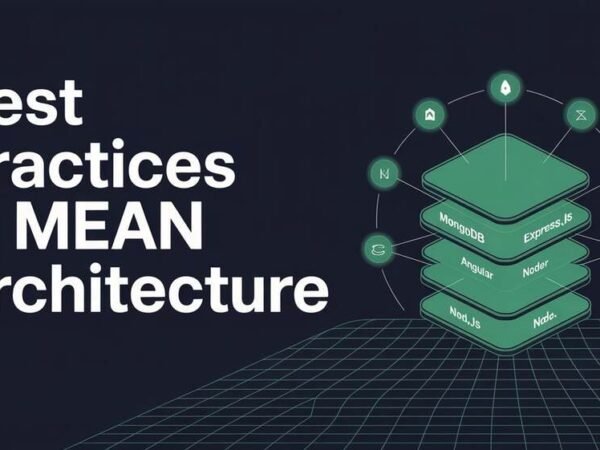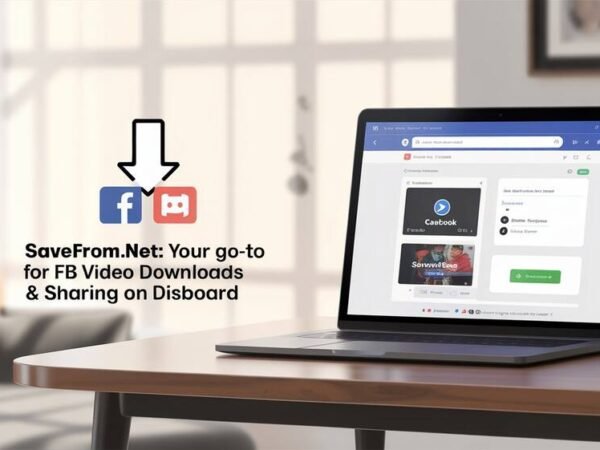Purchasing the correct type of Windows license is vital to guarantee that your PC functions as desired without messing up and gives maximum value to the buck invested therein. What is Windows OEM? Windows OEM is one such type that is installed by default in newly purchased PCs and comes with immense benefits targeted at specific needs and requirements.
Cost Benefits
Among the biggest veneers of attraction that Windows OEM brings is lower cost than Retail versions. Because OEM licenses are supposed to go into new devices, their sales can go as low as highly reduced prices. To buyers, this means saving money upfront while getting a fully functional operating system. For customers with a tight budget or small businesses who still need a transferable license, OEM Windows offers an economical solution to get Windows without giving up on basic functionality.
Pre-Activation and Ease of Use
Yet another strong point in the favor of Windows OEM is essentially the convenience factor. Coming preinstalled on the device, there’s no need to go through the headache of manually installing and activating the operating system. It is also easy to set up and saves you time when using your new computer almost immediately. This will be particularly helpful for those who need an effortless experience and want to avoid going through complicated installations of operating systems.
Performance Optimization
Windows OEM is installed and optimized to work on specific hardware that it comes with, hence compatibility and better performance. Since the operating system is preinstalled based on the device configuration, compatibility issues that one might face when installing a Retail version of Windows onto different hardware are minimal. Users who want a headache-free system with as little technical fiddling as possible immediately when they purchase the machine find that quite helpful.
Licensing and Support
Although Windows OEM is cheaper, there is some information regarding support and how licensing functions the customer should be aware of: Unlike Retail licenses, which can be transferred between devices, an OEM license is locked to the original hardware. Second, support for Windows OEM is usually provided by the device manufacturer rather than Microsoft itself. When anything goes wrong, the device manufacturer is responsible for helping. For those users with no problem with that type of support, the savings from OEM will offset that limitation.
Who Should Consider Windows OEM?
OEM Windows is a great fit for home users and small organizations that don’t need such flexibility. It is perfect because this device has been taken out of the box and set up. It will not be changed or modified, only to have the OS installed on another machine. An OEM license provides quite the value for those looking to build a PC from scratch or purchasing for long-term use. It’s a good choice for those whose license portability isn’t a concern but where the cost of the operating system is significant enough to offset that issue.
Identifying Windows OEM
You can check if your PC came with Windows OEM by entering system settings or typing “winver” in the command. Generally, OEM versions are labeled in the product ID. That is a convenient way to verify that the version of Windows applied on your computer is from the license type it came with when purchasing the device.
Misconceptions about Windows OEM
Several things could be improved regarding Windows OEM, mainly related to performance, legality, and support. Many people believe that OEM versions of Windows are somehow worse than their Retail-licensed brethren, which is just not true. Functionality-wise, Windows OEM is no different than any other version of Windows. Also, remember that any concerns about updates are baseless: OEM versions receive the same security patches and feature updates as other licenses. An OEM license purchased from a proper manufacturer or seller legally complies with Microsoft’s terms.
Conclusion
In the end, OEM Windows does have some advantages: it saves money, simplifies things, optimizes performance, and is well-supported in terms of licensing. For anyone wondering what Windows OEM is, it is also suitable for home users or small business ventures—for anyone who needs excellent value on a new PC without the transferability feature. Consider your upgrade path and preferred level of support in advance, then decide accordingly.
Do Read: Future Trends in Employee Monitoring Software: AI, Predictive Analytics, and Beyond













